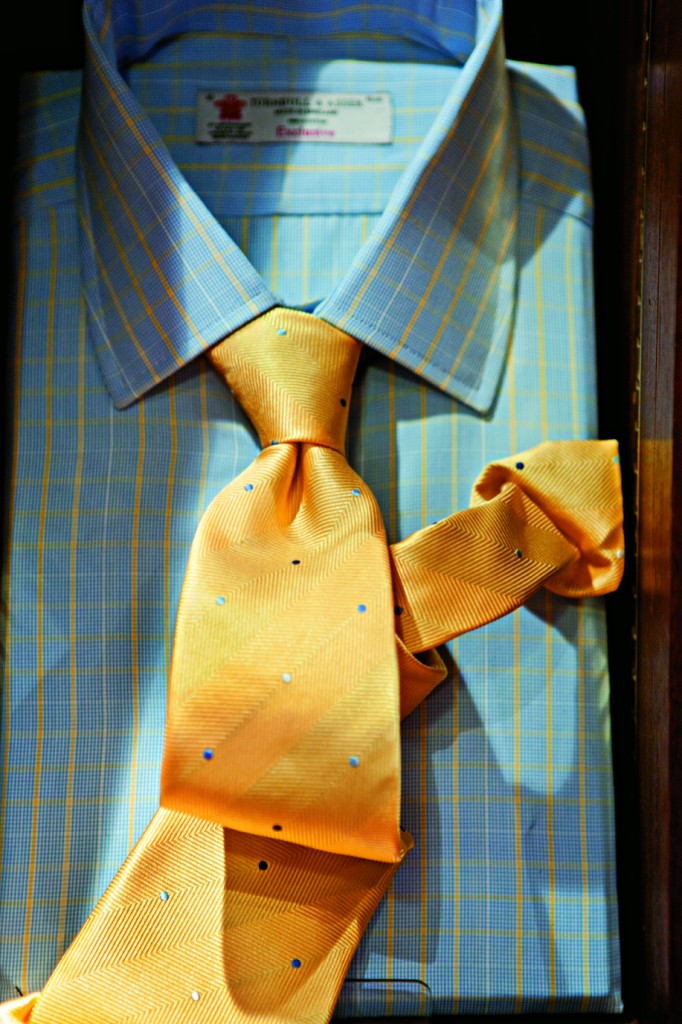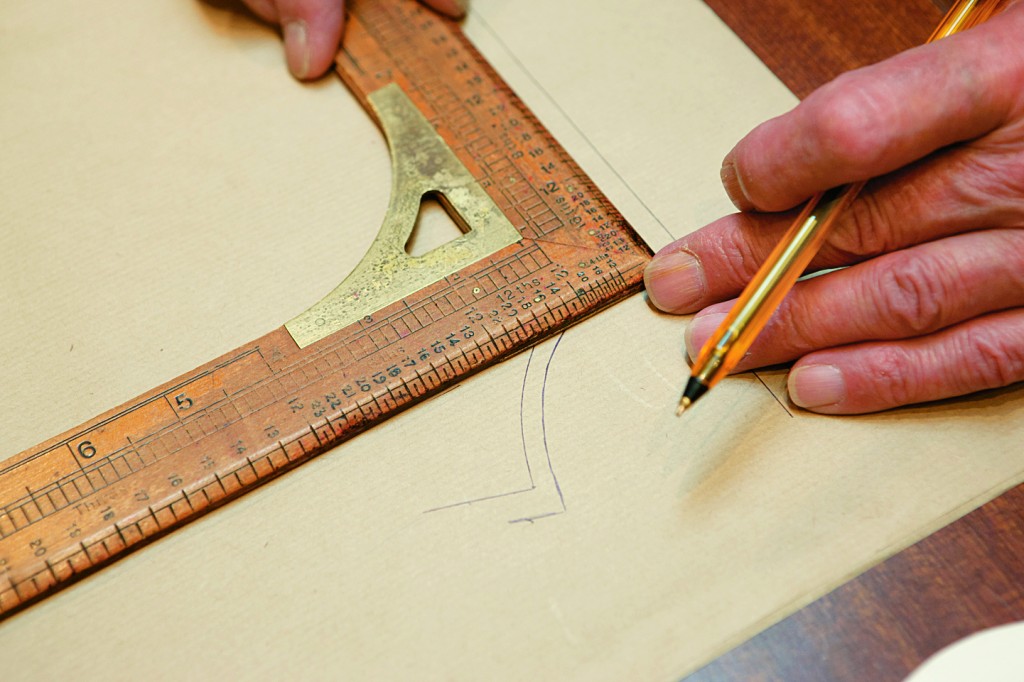I constantly find myself looking at magazines, blogs and books that claim to be able to help the reader “Be a better man,” or pointing them to five or ten [insert whatever here] things every man needs to experience or own to truly be a man. I see books like Joel Stein’s Man Made: A Stupid Quest for Masculinity, which I assume was written as a joke, sadly I’m just too uninterested to look to find out. But then I see that nearly a million people follow Stein on Twitter, and suddenly something tells me that Stein, a journalist and writer who has had his name affixed to some well-known newspapers and magazines, realized that a good chunk of those nearly one million people would probably buy “a stupid quest for masculinity.” You might not agree with Stein, but he was on to something, as there’s this constant speculation that the Real American Man (whatever that might be) is going the way of the Labrador Duck. Stein, while trying to be tongue-in-cheek about it, probably realized that there are a ton of people out there who see the need for a book like his, and would gladly shell out plenty of cash in return for tips.
I’m not so certain that what we regard as “real” masculinity is ever coming back, only because I don’t necessarily know to what extent it existed. I believe less in this built up mythical checklist of things one must do in order to be a “real man,” and more in the idea that people did things we now perceive as authentic and macho, not to necessarily prove their manhood, but to survive. At the risk of sounding like a pithy bastard, I’d much rather my fellow males work a little harder on being better people before we go out in search of our misplaced masculinity.
The Perfect Gentleman, the new book by James Sherwood (Thames & Hudson), isn’t a guide on how to be a better man; rather, it is a book that celebrates the people and places around London that have, since the latter part of the 17th century, helped men of means live better. Not all of us can afford bespoke suits made with Fox Brothers & Co. fabric, and not many of us can relate to the “London gentry” who purchase rifles from Purdey, “London’s most prestigious gunmaker,” but the book is more than just a celebration of wealth and extravagance. The Perfect Gentleman is a celebration of shirtmakers, shoemakers, and other craftspeople that have been outfitting some of the world’s most famous politicians, businessmen, writers, and thinkers for centuries.
The book offers insight into some of the most celebrated shops in London, as well as the integration of specialty items into everyday use. One example being the 18th century English traveler and philanthropist Jonas Hanway, who “introduced the umbrella” to London, and “continued to carry the contraption, then made with wooden rods, whalebone and waxed canvas, despite physical assaults from carriage drivers.” The book uses the story to introduce the chapter on James Smith & Sons, that started out making walking and swagger sticks, rather than umbrellas which were “ordered for the household staff.” The Perfect Gentleman isn’t a guide for being a better man. It’s a celebration of how a certain sort of person (in this case, wealthy people mostly from Great Britain) lives better than most. There’s no preface or promise that the book will help you attain anything, be it wealth, wisdom, or any certain style. The Perfect Gentleman presents something different than other contemporary books and magazines that try to champion one kind of masculinity, but it still presents the image of a kind of wonderful man, one that, like the masculine god that Joel Stein and others are propping up, doesn’t exist anymore: a man who favors and can afford both style and substance. That is what makes The Perfect Gentleman such an interesting book–that glimpse into a totally different world that’s still there, but maybe not as appreciated as it once was.

Follow Vol. 1 Brooklyn on Twitter, Facebook, Google + our Tumblr, and sign up for our mailing list.



